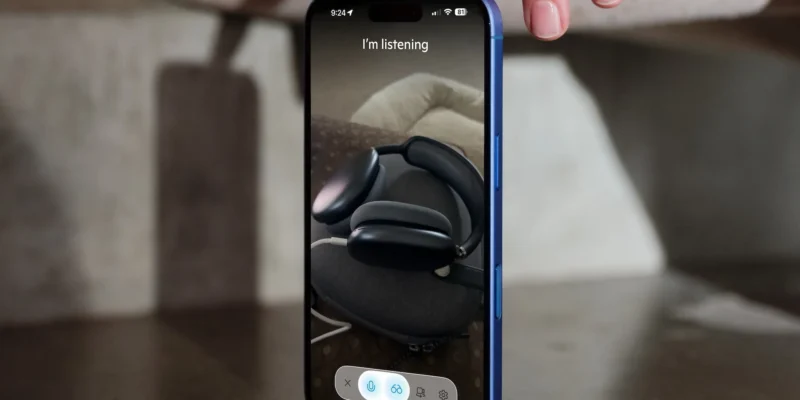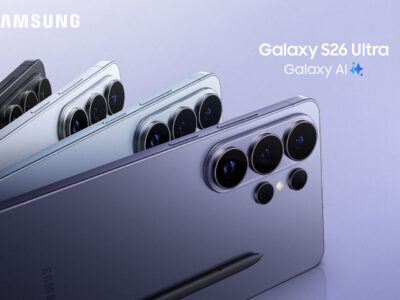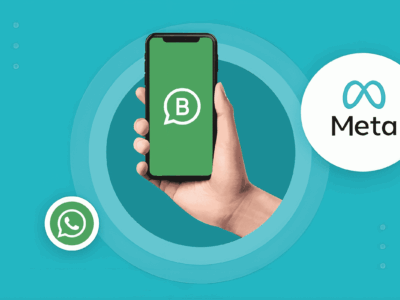In an exciting leap forward for mobile technology, Microsoft is expanding its Copilot Vision feature to smartphones, bringing the power of real-time AI-driven visual recognition to users’ pockets. Originally introduced on the web, Copilot Vision now takes full advantage of your phone’s camera, enabling the AI assistant to understand and interpret the world around you. Whether you’re shopping, researching, or simply exploring your environment, Copilot Vision adds a layer of interactivity that promises to make everyday tasks more intuitive and efficient.
The process is simple yet powerful. With the Copilot app open and the camera active, users can point their phones at any object, and the AI assistant will analyze what’s in view. From offering information on nearby products to identifying plants and providing home décor suggestions, Copilot Vision turns your phone into a dynamic visual search tool. This technology is designed not only to inform but also to assist in practical scenarios, like gauging the health of a plant or offering advice on decorating your space. The AI uses real-time data from your surroundings to generate context-aware explanations, making the experience feel more like an interactive assistant than a traditional search tool.
The feature is currently available to Copilot Pro subscribers in the U.S., with Microsoft planning to extend it to more users in the future. For a subscription cost of $20 per month, Copilot Pro offers access to a host of advanced AI features, including priority access during peak times, higher usage limits, and early access to new tools and experimental features like Copilot Vision. It’s part of a broader strategy by Microsoft to create a seamless, personalized AI experience that transcends devices and integrates deeply into users’ daily lives.
Microsoft’s vision extends beyond just Copilot Vision, as the company continues to push the boundaries of what AI can do. Last year, Microsoft launched Bing Chat, an evolution of its Cortana chatbot, powered by OpenAI’s technology, and integrated it into both Bing and the Edge browser. This was followed by the introduction of Microsoft 365 Copilot in March 2023, designed to boost productivity within Microsoft’s suite of applications. With each step, Microsoft is weaving AI further into the fabric of its services, making it an indispensable tool for both consumers and professionals alike.
The Copilot app is evolving at a rapid pace. In March 2024, it saw a significant upgrade with support for GPT-4 Turbo, further enhancing its conversational and analytical capabilities. By September 2024, the company announced the rollout of “Copilot Wave 2,” which brought the advanced GPT-4o model into the mix, cementing its commitment to expanding Copilot’s functionality across the Microsoft ecosystem.
With Copilot Vision, Microsoft is not only revolutionizing the way we interact with our phones but also shaping the future of AI-assisted living. As the technology matures, it promises to bring a new level of interactivity and productivity to daily tasks, all while keeping the user experience at the forefront. For those willing to invest in Copilot Pro, it’s clear that the next generation of AI-powered assistance is already here, turning your phone into a true digital companion.














Comments